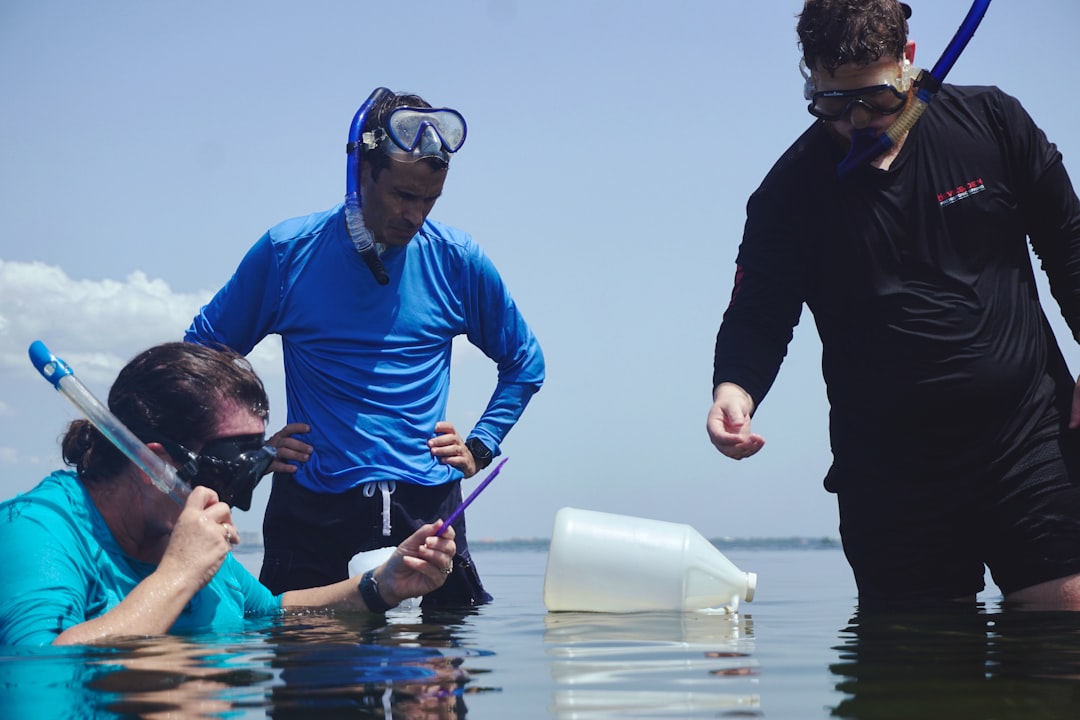
Indonesia is gearing itself to attract more trade and investment, as well as integrating further into the global economy. The country has been actively pursuing economic cooperation both through regional agreements, such as the Regional Comprehensive Economic Partnership (RCEP) and with individual countries, such as the Indonesia-Australia Economic Partnership Agreement (IACEPA). Despite these integration efforts, the government has given relatively little attention to attracting FDI in Indonesia’s agriculture. FDI in Indonesia’s agriculture only makes up between 3-7% of the total FDI realization between 2015 and 2019. The majority of Indonesia’s FDI in agriculture went to palm oil, which was seen to be more profitable than other subsectors. Through interviews with Australian investors, Australian business associations, and the Indonesia Investment Coordinating Board, this paper identifies several issues that affect investors’ decision to invest in the Indonesian agricultural sector.
Land issues are very central in investment decisions in agriculture. Issues about landholding and land ownership have the potential to create agrarian conflicts, which count as an investment risk. As a result, private investment in the upstream sector of agriculture remains limited. Fixing land issues requires broad reforms that can improve clarity in land registration, especially in rural
Indonesia.
Improving infrastructure availability, including road, port, and electricity outside Java are still important. The large size of land required for large scale agribusinesses is only available outside Java. Without sufficient infrastructure, investors would not find investing in agriculture profitable. While some investors are willing to build the required infrastructure to support their businesses, the modest margin in most food crops cannot justify the cost of infrastructure.
A broader change in food trade policy is also required, especially related to the openness to trade and the role of SOEs in achieving self-sufficiency goals. The cost of pursuing self-sufficiency has to be paid in terms of higher domestic food prices, less diverse food consumption, and misallocation of resources. By pushing SOEs to achieve self-sufficiency goals, the government is encouraging a reallocation of resources from other productive means into costly, and sometimes unrealistic, self-sufficiency projects.
Price distortions due to self-sufficiency policies also have misallocation effects. They direct resources into less productive but protected agriculture sub-sectors and deter investors who do not want to face political risks from investing in agriculture. Openness to trade will not only make food more affordable but also diminish the distortionary effects past policies have in the sector. Getting rid of these distortions will allow farmers and investors to allocate resources according to profitability and productivity.
Improving regulatory predictability is also important to increase investors’ trust in the Indonesian regulatory environment. Regulatory uncertainty is still a major problem that hinders foreign investment in Indonesia. Despite deregulations efforts with the enactment of Law No. 11/2020 on Job Creation, implementing provisions are still subject to swift change to respond to public pressure. These changes create uncertainties in the regulatory environment which can temporarily deter foreign investments.
Institutional capacity also needs to be improved to be better prepared to accommodate FDI. This includes ministries and agencies that are involved in trade and investment in agriculture, as well as district governments at the local level. General efforts to cut bureaucratic red tape, as measured by Indonesia’s ranking in the EoDB index, is still important.
Lastly, responsible government agencies should focus on programs that could foster relationship building between Indonesian and Australian businesses. The Ministry of Trade and Investment Coordinating Board can increase their engagements with Indonesian industry associations and hold events that allow them to connect with Australian businesses. Another way to foster relationship building is to negotiate a further increase in the Work Holiday Visa (WHV) quota for Indonesian to work temporarily in Australia and through cultural and language exchange programs.
Participation in the global economy has always been an important factor in Indonesia’s economic development. Since long before modern Indonesia was established, migration and international trade have facilitated the spread of ideas and culture in the long process that shaped the country as it exists today. This is a process of continuous evolution, though its speed may rise or fall. Recently, Indonesia’s integration with the global economy has been strengthened by President Joko Widodo’s decision to make increasing foreign investment a top priority of his second term in office (2019–2024). Indonesia has been actively pursuing more formal economic cooperation
both through regional agreements, such as the Regional Comprehensive Economic Partnership (RCEP) and with individual countries, such as the Indonesia-Australia Economic Partnership Agreement (IA-CEPA). These actions signal Indonesia’s openness to trade and foreign investment and its willingness to integrate further into the global economy.
While much attention has been given to attracting investments in infrastructure, manufacturing, tourism, and the digital economy, relatively little attention has been paid to attracting FDI in Indonesian agriculture. Factors that support or hinder FDI in agriculture may be different from those in other sectors. A thorough understanding of the factors that apply to agriculture in particular are important for policymakers, investors, and to develop an academic understanding of the sector. Acting on this knowledge will help policymakers effectively support rural economic development and sustainable agriculture.



